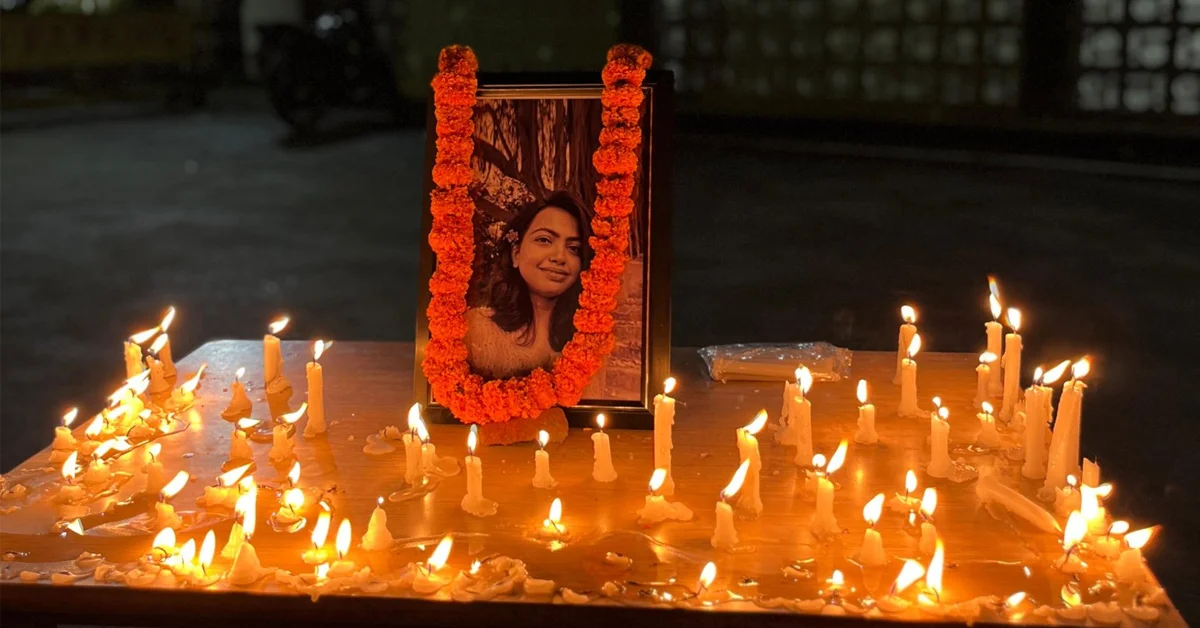The recent rape of a duty doctor in West Bengal has once again shattered the nation’s conscience, underscoring the brutal reality that women in India continue to face. The attack on a medical professional, someone whose duty is to heal and protect, is a horrifying reminder of the pervasive and persistent nature of sexual violence in our society. This incident is not just an isolated crime; it is a reflection of a deep-rooted crisis that continues to plague India, where countless women live in fear, and justice remains elusive for many.
A Systemic Crisis
India has long grappled with the scourge of sexual violence. From urban centers to rural areas, women and girls are subjected to heinous acts that often go unreported, uninvestigated, and unpunished. The case in West Bengal is a grim addition to a long list of atrocities, a stark reminder that no place is safe, not even the workplace of a duty-bound doctor.
The statistics paint a bleak picture. According to the National Crime Records Bureau (NCRB), a woman is raped in India every 16 minutes. Yet, these numbers only scratch the surface, as many cases go unreported due to fear of stigma, victim-blaming, and a justice system that often fails to protect survivors. For those who do come forward, the path to justice is fraught with challenges—delayed investigations, insensitive questioning, and, in some cases, the outright dismissal of their claims.
The horror of rape in India
The horror of rape in India is not just about the act itself but also about the societal and systemic failures that allow such crimes to continue unabated. The gang rape and murder of a young woman in Delhi in 2012 sparked nationwide outrage and led to significant legal reforms. However, despite these changes, the culture of impunity persists. The West Bengal incident is a painful reminder that the legal framework, while crucial, is not enough to eradicate this menace.
The societal mindset that trivializes sexual violence, perpetuates victim-blaming, and shields perpetrators remains a significant barrier to justice. In many cases, survivors are pressured into silence, settlements, or even forced marriages with their attackers, perpetuating a cycle of violence and oppression.
The Need for Immediate Action
The rape of the duty doctor in West Bengal is a clarion call for immediate and decisive action. It is not enough to condemn such incidents; we must demand accountability, swift justice, and a fundamental change in how our society views and treats women. The need to overhaul the system, from law enforcement to judiciary, cannot be overstated.
First, the investigation and prosecution of rape cases must be prioritized, ensuring that perpetrators are swiftly brought to justice. Delays and procedural lapses only serve to embolden criminals and deepen the trauma for survivors.
Second, there is a critical need for societal change. Education and awareness programs must be intensified to challenge and dismantle the patriarchal norms that perpetuate gender-based violence. Schools, communities, and workplaces should be at the forefront of these efforts, fostering an environment where women are respected, protected, and empowered.
Third, there must be comprehensive support systems in place for survivors, including medical care, psychological counseling, legal aid, and safe spaces. The trauma of rape is long-lasting, and survivors need sustained support to rebuild their lives.
A Call for Justice
The tragedy in West Bengal must not be allowed to fade into the background of our collective consciousness. It should serve as a catalyst for change, a reminder that the fight against sexual violence in India is far from over. We owe it to the victims, past and present, to demand justice and to work tirelessly towards a society where women can live without fear.
As a nation, we must confront the harsh reality that rape remains a crisis in India. We must demand accountability from our institutions, challenge the cultural norms that enable such violence, and ensure that every woman, regardless of where she is or what she does, can live her life free from the threat of sexual violence. The time for action is now.






